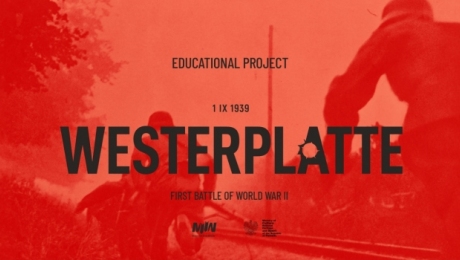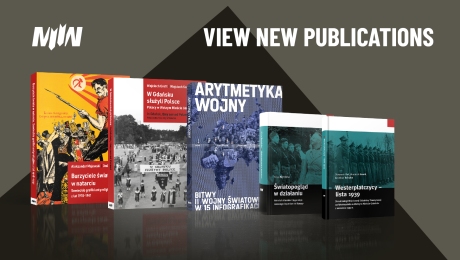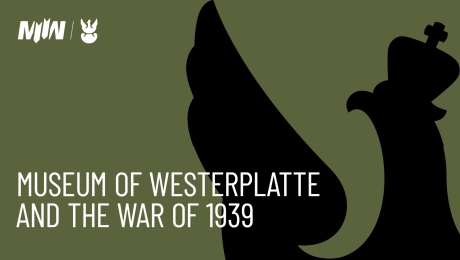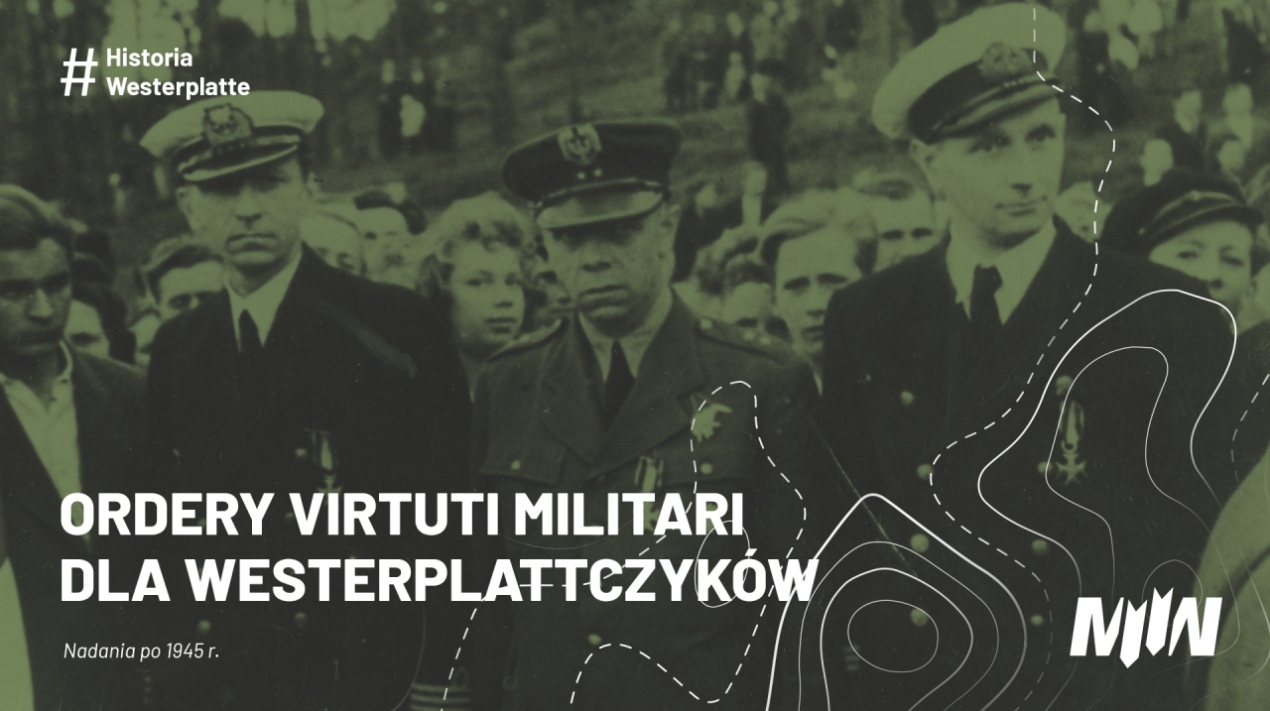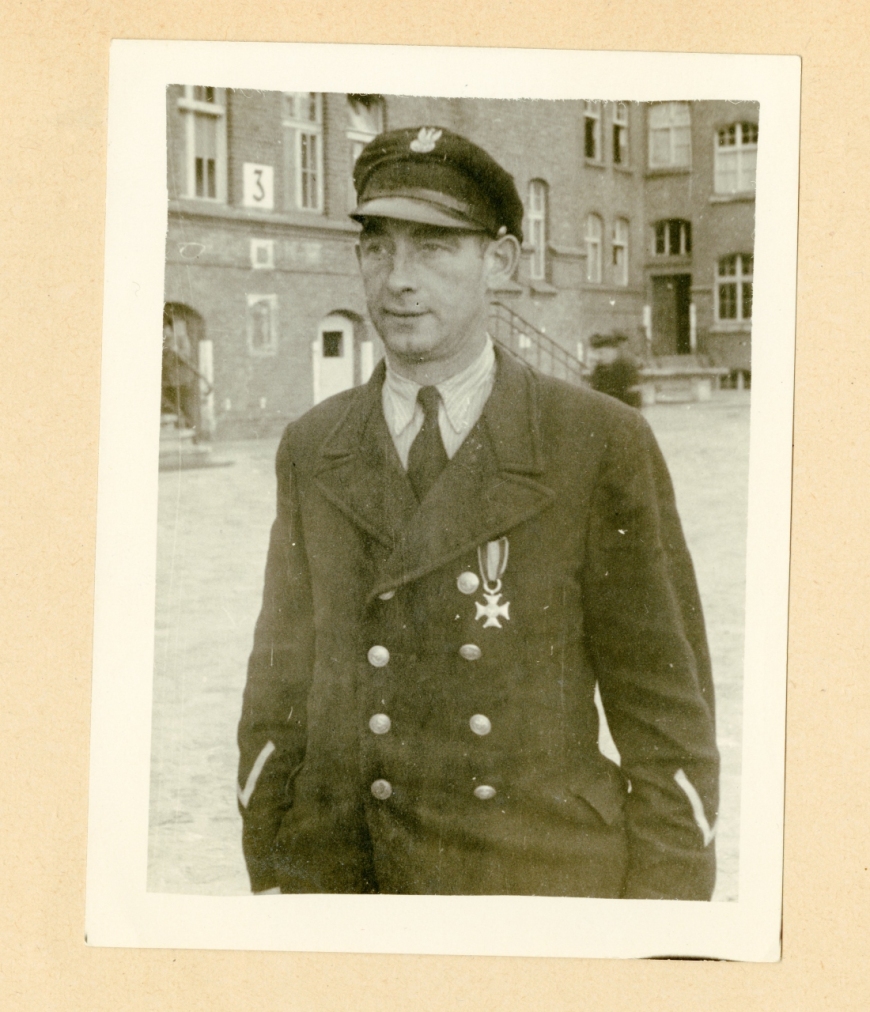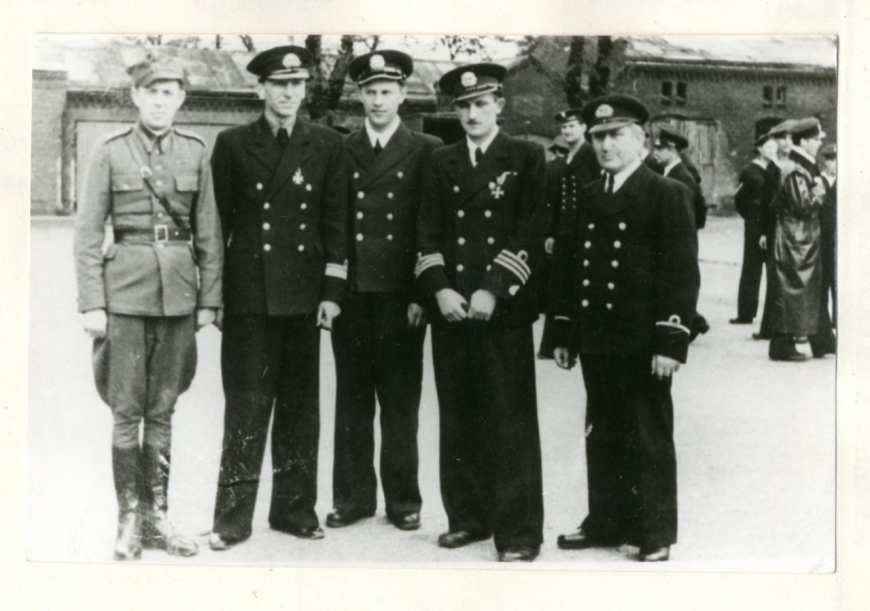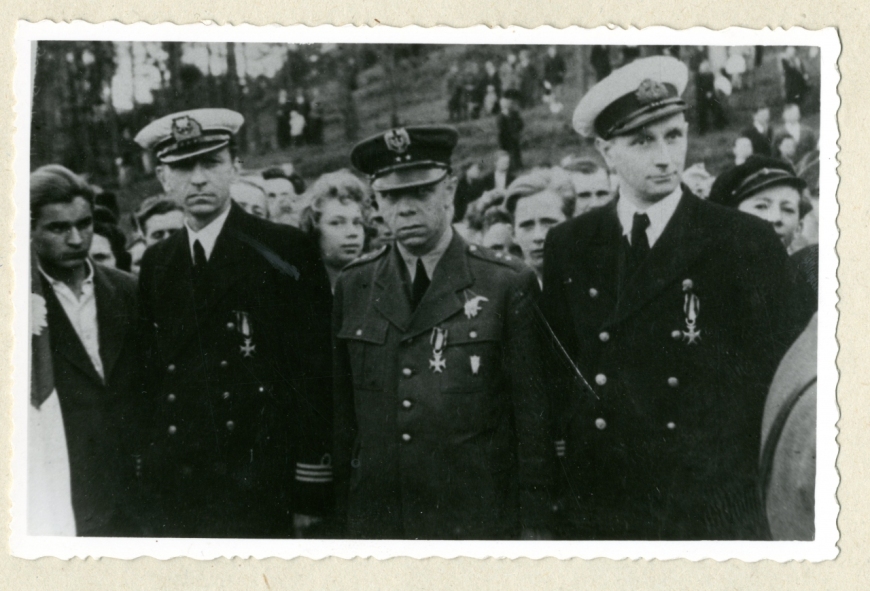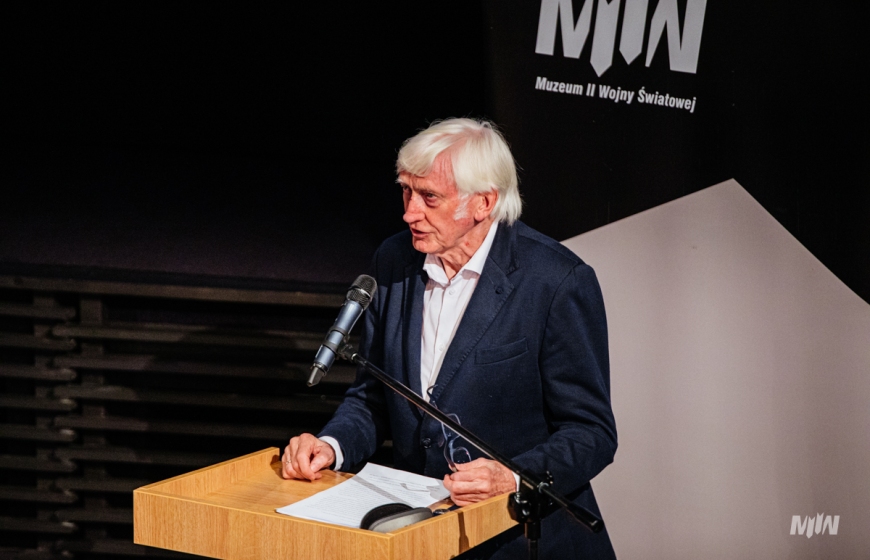#WESTERPLATTEHISTORY - AWARDING VIRTUTI MILITARI ORDERS TO WESTERPLATTE DEFENDERS AFTER 1945
In today's article from the #WesterplatteHistory series, we would like to discuss the issue of post-war awarding of Virtuti Militari orders to the soldiers of Westerplatte. The legend surrounding the granting of the highest military decorations to all defenders is related to a radio broadcast made on the third day of the Westerplatte defense. During this broadcast, Marshal Edward Śmigły-Rydz, the Supreme Commander, in recognition of the unprecedented heroism of the defenders of the depot, promised them the Virtuti Militari orders and a promotion in military rank. Today, more than 81 years after the events of September 1939, not only are questions about the number of Polish garrison members and the resting places of fallen heroes still not fully resolved, but the matter of military decorations is also in question. We invite you to familiarize yourself with the information presented in the following article.
The Virtuti Militari Crosses and War Crosses were supposed to be awarded to the defenders of the depot in September 1939 according to the Supreme Commander's order. However, after 1945, not all of the defenders were awarded these orders, and the promise made in 1939 was not honored by the State Council. In the summer of 1957, the Westerplatte community submitted requests to the Ministry of National Defense and the State Council for the collective awarding of this highest Polish decoration. Despite assurances that the matter would be positively resolved, the defenders did not see the final settlement of the awarding of decorations to all those who fought in defense of the Military Transit Depot in September 1939.
As emphasized in the introduction, Marshal Śmigły-Rydz promised all of the Westerplatte defenders a promotion in rank and the highest Polish military decoration, the Virtuti Militari order – awarded for outstanding bravery, courage in battle, and dedication to the homeland. I intentionally do not consider the alleged award of the decoration to partisan Wiktoria Białous in November 1943. The first Westerplatte defender to be formally decorated was (still in the spring of 1945) Lieutenant Zdzisław Kręgielski, who was verified to the rank of lieutenant in April 1945 and enlisted in the army. From May 1945 to September 1946, he served at the Specialized Maritime School of the Polish Navy in Gdynia-Oksywie. Only by the personal order of the Chief Command of the Polish Armed Forces (No. 749 dated August 30th, 1945), 15 Virtuti Militari Fifth Class Crosses were awarded for the defense of Westerplatte. This applied to all of the fallen defenders known by name. Another seven living Westerplatte defenders received decorations in connection with the upcoming 6th-anniversary commemorations of the outbreak of World War II.
Subsequent years brought only disappointment and frustration. The Westerplatte defenders were divided into those few who had already received the decorations and those who were still waiting for the promised orders. A partial solution to this issue was the successive awarding of lower decorations and medals to the defenders of Westerplatte, which, for obvious reasons, did not resolve this sensitive matter. In the years 1953, 1957, 1960, 1968, and 1969, after lengthy efforts, a total of 10 more defenders were honored with Virtuti Militari orders. However, no regularity can be found in the decision-making process behind the awarding of these decorations within the Ministry. Consequently, the community once again became convinced that there was indeed a division between the so-called "better" and "lesser" defenders.
A kind of breakthrough occurred when the Knight's Cross of the Virtuti Militari Order was posthumously awarded to the commander of the depot, Major Henryk Sucharski, when his remains were brought and solemnly buried on Westerplatte in September 1971. Most likely, subsequent obituaries reporting the deaths of other defenders also led to the awarding of at least five more decorations in 1972. However, the key criteria for selecting among the living Westerplatte defenders remain unknown to this day.
The issue of decorations was not resolved even when it seemed that there was a perfect opportunity for it. In 1979, on the 40th anniversary of the outbreak of World War II, it was possible to verify as many as 105 former defenders of Westerplatte on the peninsula. The subsequent years brought more sadness than joy. The increasingly smaller group of living Westerplatte defenders wanted to improve their material and living conditions in the twilight of their lives. Importantly, not all of them had the status of war veterans, and many did not receive any state benefits. All of this coincided with a period of economic hardship in the former Polish People's Republic. The 1980s brought with them the harsh reality of mortality, as this period saw the passing of most of the living defenders of Westerplatte at that time.
It wasn't until 1989, after another 17 years, that most Westerplatte defenders received the recognition they deserved. In 1989, a total of 70 Virtuti Militari orders were finally awarded. Official ceremonies took place on December 8th at the Command Center of the Ministry of National Defense in Warsaw, and 56 of the living Westerplatte defenders were expected to attend. Several decorations were awarded posthumously. However, in 1990, the passage of time was underscored when 51 posthumous awards were given to those who had not been honored the previous year.
In total, 49 out of 208 of the defenders of the Military Transit Depot at Westerplatte were not awarded the highest Polish military decoration, Virtuti Militari, contrary to earlier promises. This mainly concerned Westerplatte defenders who went missing or died during the war, those who did not return to Polish territory after the war and had dispersed around the world, or those who did not apply for any honors themselves and passed away in obscurity in their homeland.
In conclusion, some of the defenders were honored immediately after the war, while others waited many years for the promised decoration. There were also those who were not decorated at all or were only honored posthumously. In September 1939, it was promised that each Westerplatte defender would receive the Virtuti Militari Order for bravery on the battlefield at Westerplatte. Therefore, every effort should be made to finally resolve this issue by awarding decorations to all defenders. In-depth research on this topic will undoubtedly expand our knowledge and clarify exactly who was indeed awarded the orders and who among the Westerplatte defenders still deserves them.






